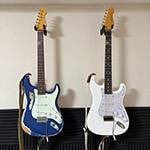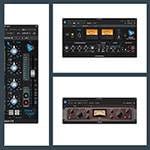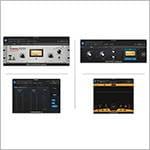Richard Page – In the Case of Pages…
In previous articles, I’ve written about the blending of genres such as jazz and pop, and in doing so, I also touched on the commercial realities of the music industry—specifically, how certain genres tend to sell while others don’t.
Anyone involved in music production can’t escape the reality that music has to sell. As professionals, commercial success is always a major theme. The world simply isn’t kind enough to allow most of us to make a living solely by creating music that we love.
Speaking for myself, I used to work in TV, producing news and other programs, and I can count on one hand the number of times a segment based on my personal interests actually became a hit. Just like in music, getting to do what you love in television is a rare privilege.
In the world of television, as unreasonable as it may seem, a show with high ratings is often equated with being a “good show”. Of course, there are plenty of programs that are dull despite strong viewership. Still, within the industry, high ratings during a time slot translate directly into higher ad revenue. This is an unshakable reality. In that sense, a highly rated show is a good show, at least from a commercial standpoint.
On the other hand, high-quality documentaries rarely pull in large audiences, but they can have the power to influence society. They often receive recognition through awards like the Japan Commercial Broadcasters Association Awards, and such accolades enhance a station’s credibility and status.
In other words, there are “good shows” that aren’t commercially successful, but they are still valuable in other ways.
Music operates under the same dynamic. There is amazing music that doesn’t sell well. The age-old debate—Is good music the music that sells? Or does good music touch people’s hearts?—remains as relevant and unresolved as ever.
Now then, let’s talk about the band Pages. Pages was a band I personally loved very much. A friend recommended their music to me, and what I heard was that classic West Coast sound, yet it wasn’t just rock. Their music had a polished, stylish quality, with clever twists scattered throughout, making it something more sophisticated.
Pages’ music was highly technical and sonically refined, earning them strong praise from music aficionados and devoted support from discerning listeners. And yet, for some reason, that acclaim never translated into commercial success.
■ Recommended Album: Pages – Future Street (1979)
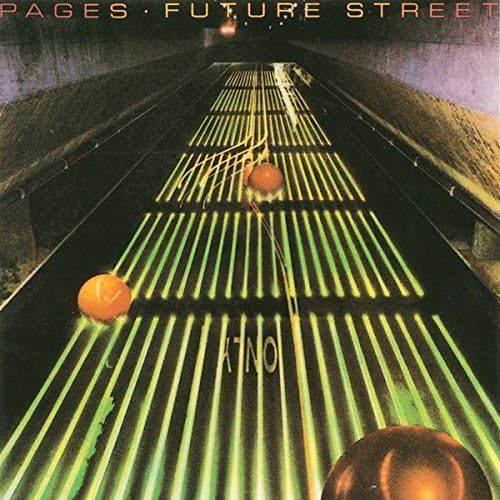
Pages was a group centered around Richard Page (bass/vocals) and Steve George (keyboards/vocals). Though this album is often considered to be a masterpiece, it remained largely untouched by commercial success.
Musically, the first half of the album leans toward rock with a focus on 8-beat rhythms, while the latter half shifts to a 16-beat groove. The songwriting throughout is excellent, and both rhythmic styles are executed with creative flair. Yet somehow, the album as a whole leaves a slightly disjointed impression.
The lineup features top-tier musicians, including Michael Brecker and the Seawind Horns led by Jerry Hey. These world-class players provide solid backing for Pages’ sophisticated musical direction.
Recommended Track: “Chemistry”
A technically demanding piece that wouldn’t be possible without a certain level of musicianship. Featuring a Rhodes piano solo by Steve George, the approach taken here clearly sets this apart from standard rock fare. After the Rhodes solo, a refined-sounding synthesizer solo that is likely played on an Oberheim follows. Just when you think it’s over, a tightly woven ensemble of guitar riffs and synth solos kicks in, forming a structure rarely seen in conventional pop music. Odd time signatures and sharply executed unison phrases appear throughout, showcasing the band’s exceptional musicality. Combined with their signature vocal harmonies, this track helps build the one-of-a-kind sonic world of Pages that goes far beyond what you'd expect from typical rock.
Recommended Track: “Who’s Right Who’s Wrong”
A masterpiece that hints at the AOR direction taken on their next album, Pages. This track was also featured on the legendary live album Casino Lights (1981), produced by renowned producer Tommy LiPuma for the Montreux Jazz Festival, and it’s known for its performances by Al Jarreau and Randy Crawford. A co-write between Richard Page and Kenny Loggins, the song has inspired numerous covers. One of the highlights is the smooth saxophone solo by Michael Brecker. The fact that the band drew in such giants from the jazz scene speaks volumes about their musical prowess at the time.
■ Recommended Album: Pages by Pages (1983)
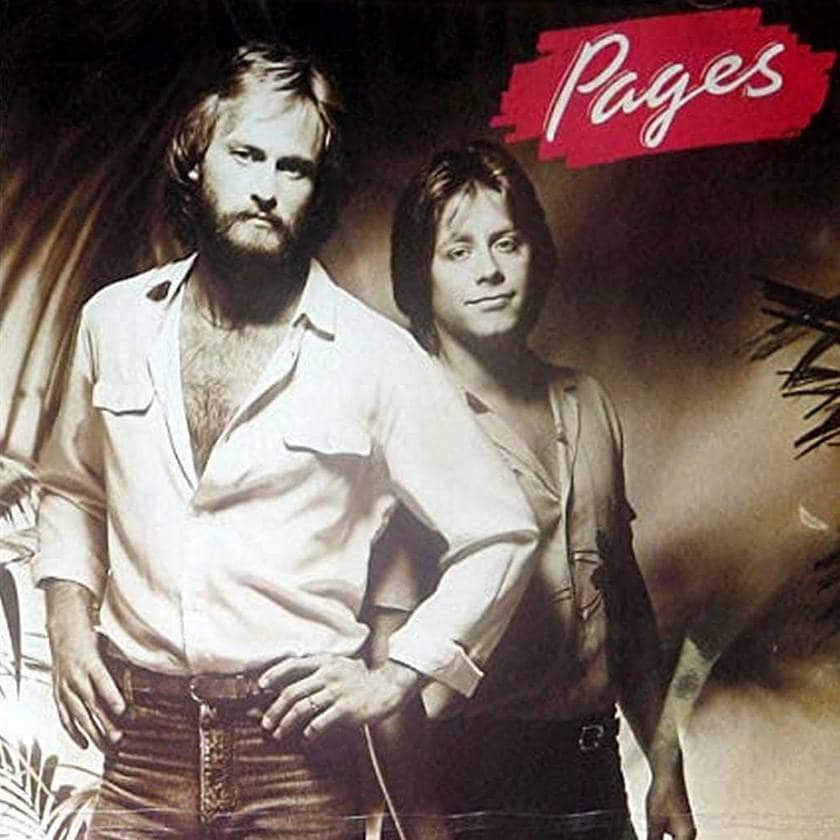
Produced by Jay Graydon, guitarist of Airplay, this third album by Pages successfully shed the rock band label that had followed them. Throughout the album, stylish and catchy songs fill the tracklist. This album is often regarded as a classic in the AOR genre among music aficionados.
At the time, Jay Graydon was one of the most in-demand producers, and his frequent collaborator David Foster relied heavily on the vocal harmonies provided by the two members of Pages. Their exquisite chorus work is, of course, a standout feature of this album as well.
Steve George’s synthesizers and Fender Rhodes piano are prominently featured, contributing significantly to the album’s AOR flavor. With first-call session players like drummer Vinnie Colaiuta and bassist Neil Stubenhaus on board, the band successfully elevated the sophistication of Pages' sound.
However, despite the album’s musical excellence, it still failed to translate into strong sales.
Recommended Track: “You Need A Hero”
From the very beginning, the warm, rich Oberheim synthesizer tone sets the stage with a quintessential AOR vibe. The arrangement is carefully streamlined, and of course, the duo’s signature vocal harmonies shine brightly.
Throughout the track, you’ll hear a variety of Oberheim synth sounds from the melodic intro to the brass-style backing in the chorus. Though not flashy, it serves as a model example of tasteful synthesizer arrangement in a song.
■ Recommended Album: Mr. Mister — Welcome to the Real World (1985)
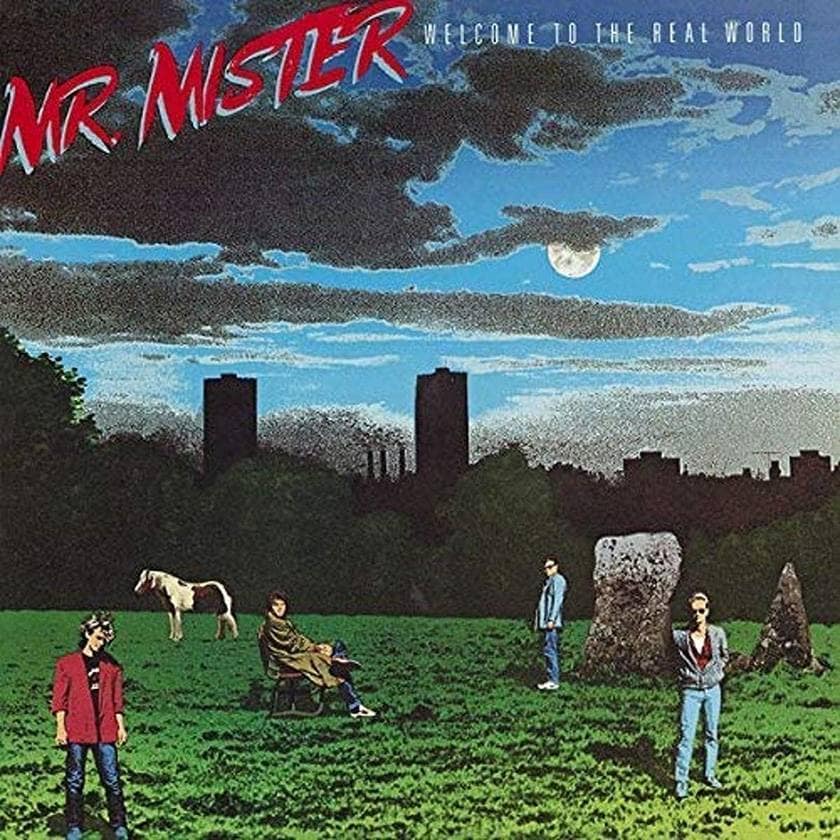
Pages changed their band name to Mr. Mister and produced this album.
It became a huge hit as Mr. Mister, featuring two songs that reached No. 1 on the U.S. charts, which is quite a departure from their previous identity as Pages.
Incorporating drum machines and sequencers, the album shifted away from the AOR style of their earlier work. Instead, this album consists of 8-beat rock-based tracks.
I vividly remember watching MTV at the time and wondering, “What’s so great about this song?” especially their No. 1 hit “Kyrie.” To me, it just sounded like just another simple pop song.
Since I felt Pages’ songs were far superior, I was puzzled by the fact that this seemingly child’s play track could conquer the American charts, and I struggled to make sense of it.
Nowadays, it is easy to understand why catchy, simple, and pop-oriented songs that capture the spirit of the times sell well. Achieving a No. 1 hit in the U.S. charts is not something that can be easily planned or taken for granted. We can only admire Richard Page’s exceptional songwriting abilities. The ability to focus on the demands of the masses is a key skill of a songwriter, and creating such music is one of the roles of a musician. Richard Page was a rare musician who could pursue high-level musicianship who also reached commercial success.
Recommended track: "Broken Wings"
Unlike the intricate riffs and arrangements of Pages, this song relies on a drum machine and a programmed repeating bassline throughout. Richard Page’s beautiful voice carries the chorus against a simple synthesizer pad backdrop. The melody pulls on the heartstrings, and the song reached No. 1 on the U.S. charts.
Recommended track: "Kyrie"
A simple, straightforward rock song incorporating sequencers and drum machines, “Kyrie” reached No. 1 on the U.S. charts. The bassline driven by a sequencer was a novel form for pop songs at the time, and it laid the groundwork for future hits. The catchy chorus combined with machine sounds propelled it to the top of the charts. This achievement is a testament to Richard Page’s exceptional songwriting skills.
Featured musicians, albums, and recommended tracks:
- Artists: Richard Page, Steve George, Michael Brecker, Jay Graydon, Vinnie Colaiuta, Neil Stubenhaus, and others
- Albums: Future Street, Pages, Welcome to the Real World
- Recommended Tracks: "Chemistry," "Who’s Right Who’s Wrong," "You Need A Hero," "Broken Wings," "Kyrie"
The column “sound&person” is made possible by contributions from our readers.
For details on submissions, see here.









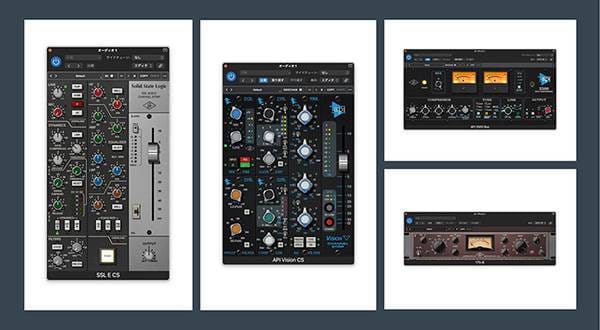

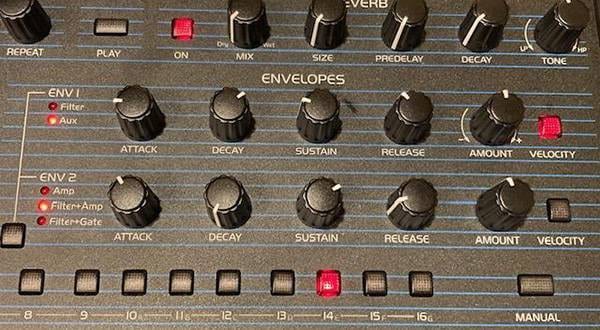


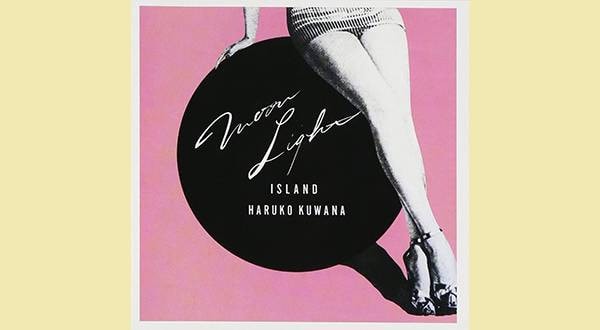
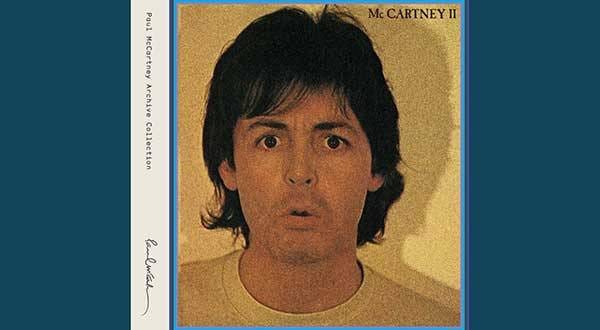
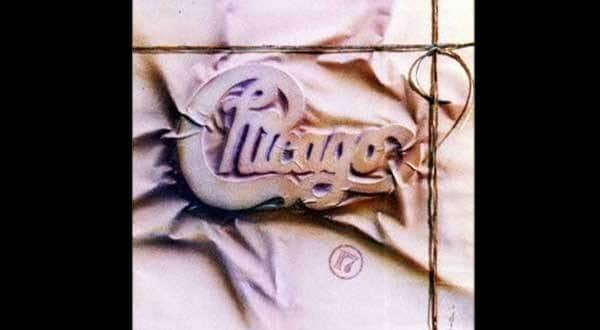
 バンドあるある相談
バンドあるある相談
 ミュージシャン数珠つなぎ インディーズバンド編
ミュージシャン数珠つなぎ インディーズバンド編
 音楽フェスをご紹介
音楽フェスをご紹介
 自分にあったピアノを選ぼう!役立つピアノ用語集
自分にあったピアノを選ぼう!役立つピアノ用語集
 ワンランク上のボーカルマイク選び
ワンランク上のボーカルマイク選び
 キーボードスタートガイド
キーボードスタートガイド

